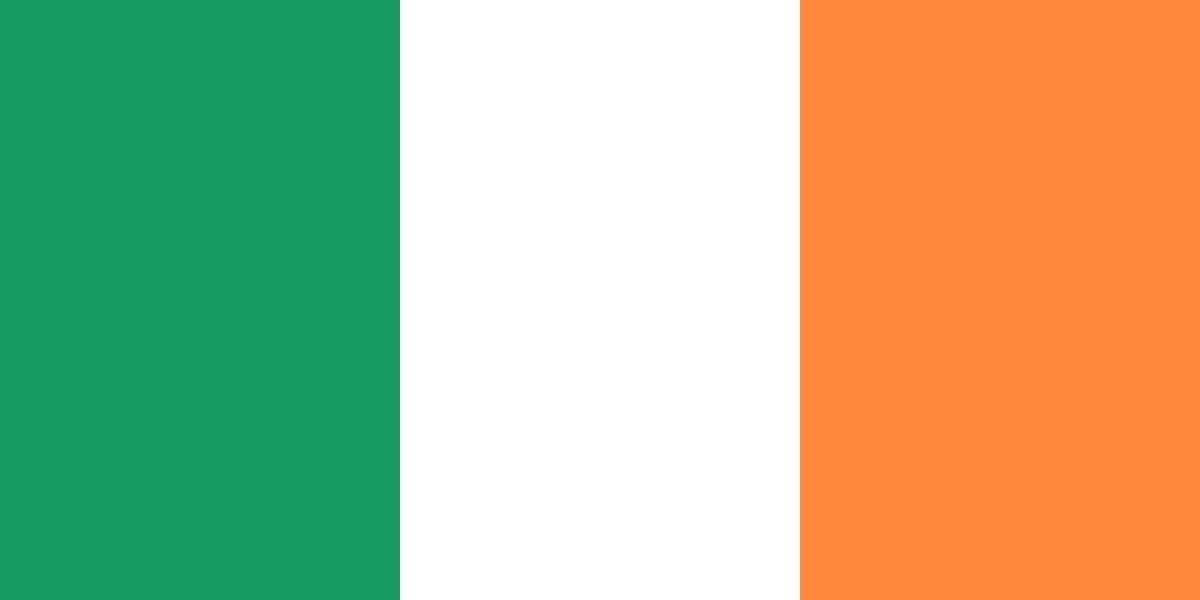Language is full of slang terms that have a different meaning than we might think. Slang is usually the most fun aspects of learning about language. Irish English has no shortage of interesting slang words. You may have been watching some classic works like Angela’s Ashes or Father Ted and wondered what some of the words used meant, well we can tell you to wonder no longer! Have a look at these ten slang terms below and let us know some of your own favourites and their meaning in the comments.
Bang On
“Bang on” is a phrase that means you’re correct or right about something. “Danny told me the other day that if you wrap a wet paper towel around a drink and stick it in the freezer, it’ll get cold faster. He was bang on about it.”
Black Stuff
When you’re in a pub, you might hear someone saddle up to the bar and say, “I’ll have a pint of the black stuff.” What they’re asking for is a pint of stout, but most commonly this means a pint of Guinness. Guinness was introduced in 1759 and has been the most prolific stout in the world.
Boyo
A “boyo” is a boy or man. Usually a term of endearment. It’s used much in the same way that “mate” might be on Great Britain. The first recorded use was back in 1835 and likely came over with the large influx of Irish immigrants to the US in the 19th Century.
Craic
“Craic” is one of those catch-all slang terms with multiple meanings, but normally is meant as “a great conversation” or gossip. The origin of the word is the Middle English “crak”, which means “loud conversation” or “bragging talk”. It can also be used to mean fun or entertainment.
Donkey’s Years
This is a phrase that means “a long time” or a “number of years”. It originates in rhyming slang of the early-20th Century, and was derived from “donkey’s ears”, which are naturally pretty long. “Tommy, it’s been donkey’s years since you’ve been here!”
Eejit
This one might be easy to guess if you sound it out. Eejit basically translates to “idiot” or “fool” and originates around the 19th Century, but the modern spelling comes from the 1950s. For an example, here’s a lovely quote from Father Ted: “’Dougal, have you been drinking?’ ‘I have, Ted! I’ve been drinking like a mad eejit! Oh wait—no, I haven’t!’”
Feck
If you’ve watched Father Ted, you’ve heard this word used quite a lot, especially from Father Jack. Feck is a creative way to curse without actually cursing, though the level of offensiveness differs from person to person. It’s mostly used as a softer version of the f-word and its popularity soared because of Father Ted (which used it quite liberally), even seeing use in advertising campaigns. A common phrase associated with it is “Feck off!” which means the same as it does if you used harsher language.
Manky
Manky is definitely not a term you’ll like, as it’s used for anything that is disgusting or dirty. It’s not necessarily an insult as it is usually directed at things rather than people. For example, you might say “You better wash your manky hands before dinner.”
Puss
If someone’s ever told you that you have a “sour puss”, this phrase is related to its Irish cousin, where “puss” means “face”. Much like the American phrase, it can also be used to mean a displeased face, as in “Oh, don’t make such a puss, you knew this party was coming up.”
Savage
In the United States, “savage” usually means something fierce and can also be used for a particularly harsh insult. In Ireland, however, “savage” can mean something that is excellent as well as being severe. One example would be “Went out with the mates for a few pints last night. It was absolutely savage!”


